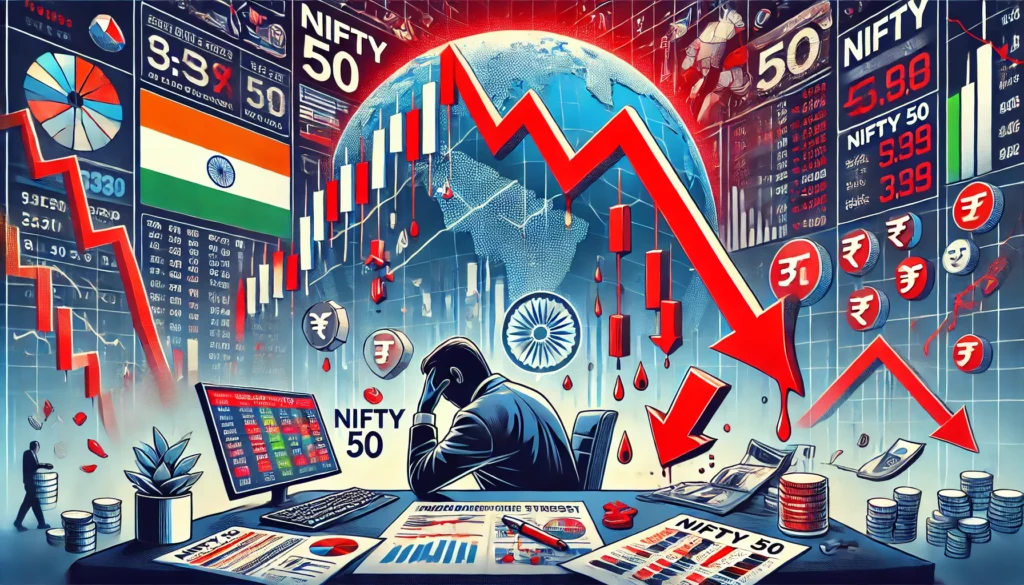The world supply chain started looking for a new home following the hit of tariffs on Chinese goods. Some countries made deals, others raised issues, but Vietnam simply scaled its factories and opened its gates for the world to come in.
What makes Vietnam special?
Years of quiet investment in ports, trade roads, and harbor diplomacy made Vietnam burst into action once the trade war began. That resulted in:
- Vietnam emerging as one of the American Trading Partners
- Spike in U.S. Imports from Vietnam by 70.5 Billion
- Apple, Samsung, Nike, and other companies shifting their production there.
“Made in Vietnam” became a prevalent term as it defined a supply chain strategy.
Trade Competition with China
It was pretty clear that Vietnam sought out to seek a position that fit in availability of cost effective labor and relatively easier framework for trade, which made it a companion of China instead of its competitor.
This change in strategy helped Vietnam to gain traction in furniture, electronics, and textiles while also bringing in steady foreign direct investment.
Political Mastery
Vietnam’s real genius. It has been able to:
- Enhance the relationships with the U.S.
- Keep the relationship with China
- Prevent being caught in a crossfire
No shouts. No sanctions. No drama.
Just calculated diplomatic moves and accelerated economically.
Building Fast, Scaling Smart
Vietnam surged ahead by fast-tracking infrastructure development around ports and industrial zones:
- Hai Phong, Da Nang, and Ho Chi Minh City transformed into industrial powerhouses
- Real estate, new highways, logistics parks, and dedicated regions of economic zones emerged
- A surge in demand for factory space drove rental rates to some of the highest in Asia.
Vietnam’s Strategic Playbook
| Move | Outcome |
| “China-plus-one” positioning | Surged in exports to the U.S. |
| Trade pacts & open policy | Global market access |
| Infrastructure investment | Fast factory and logistics scale-up |
| Diplomatic neutrality | Good ties with both U.S. and China |
A Quiet Revolution
Vietnam didn’t need a front-row seat in the trade war drama.
It played in the background, moved with precision—and emerged as one of the biggest winners.



